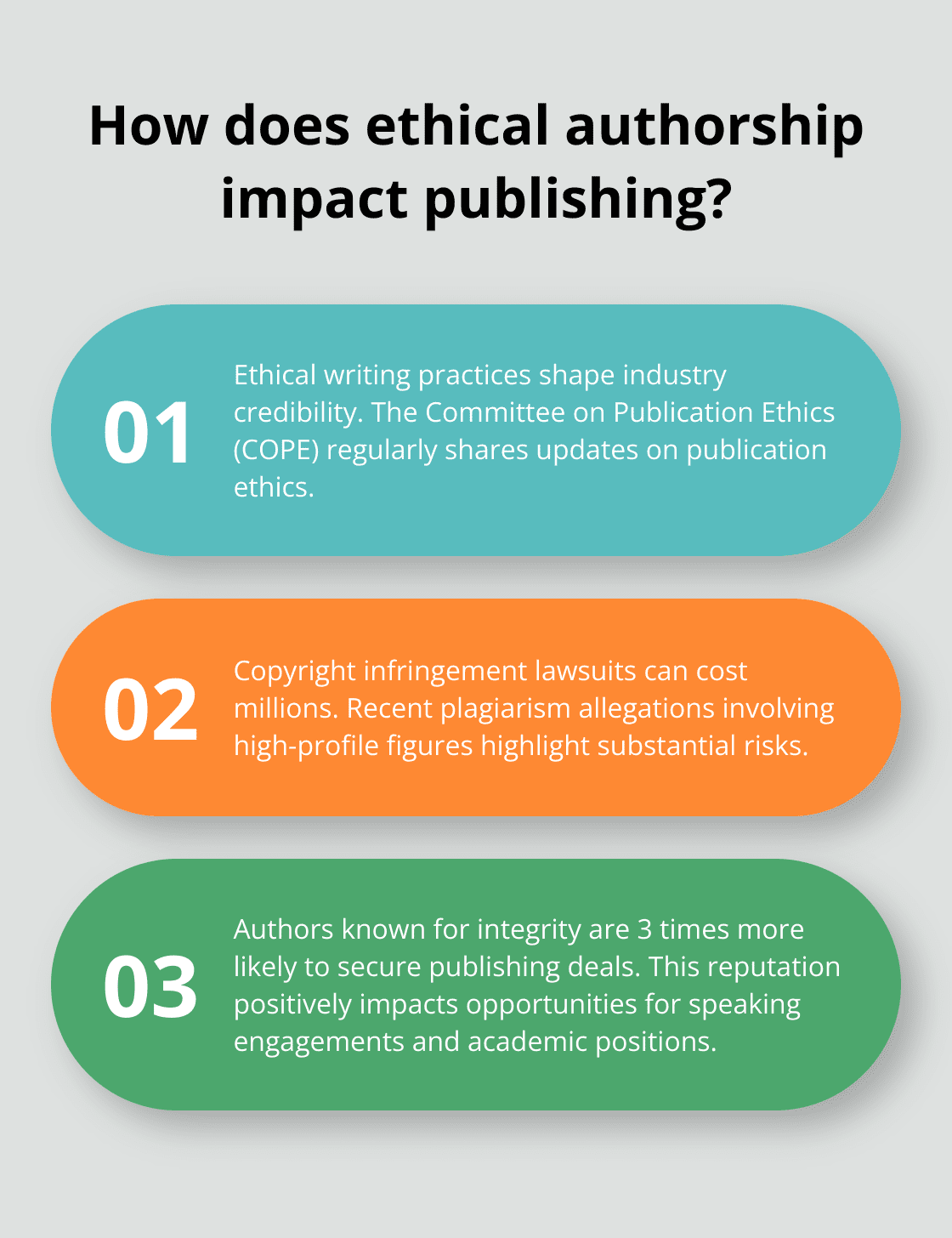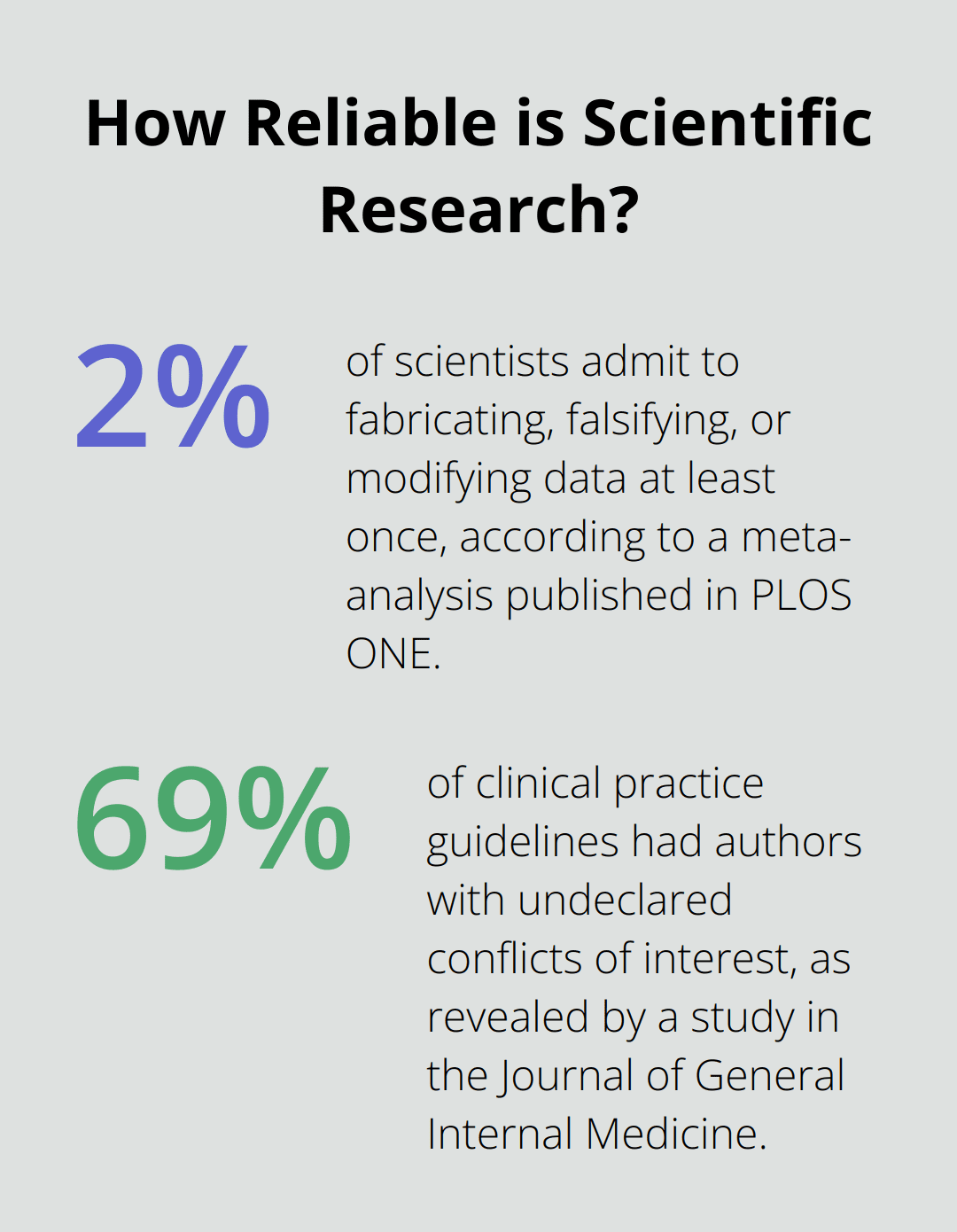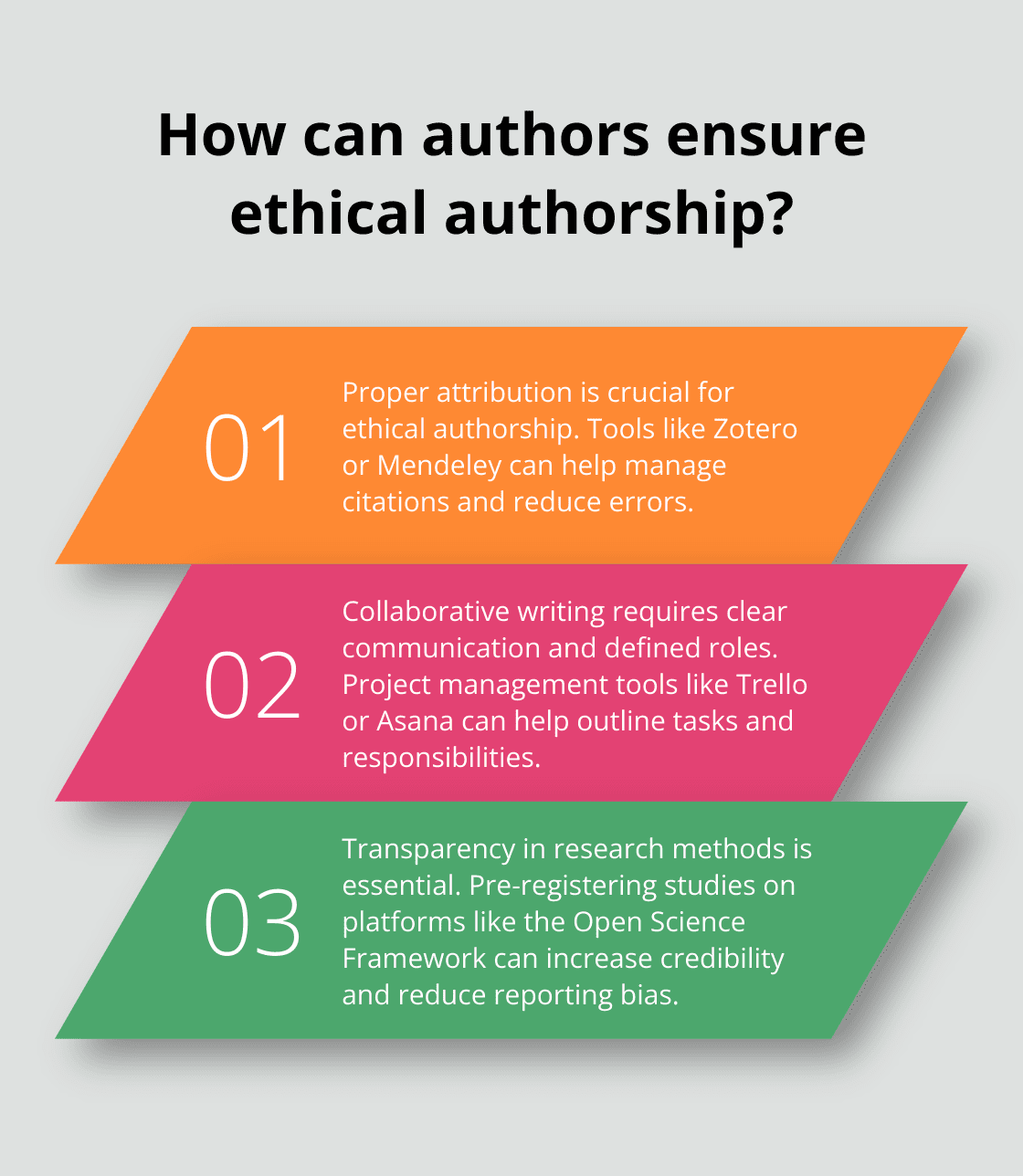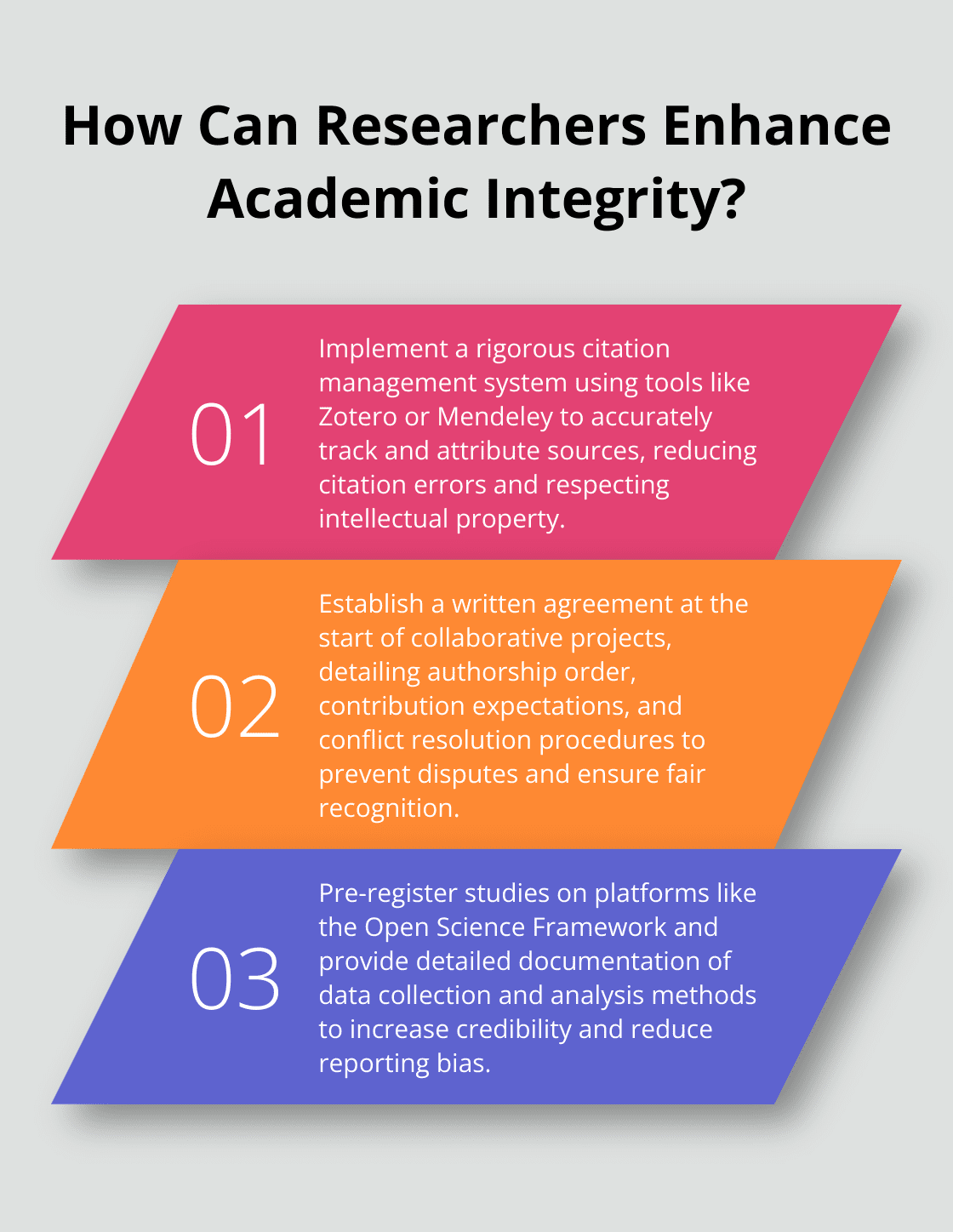At Beverly Hills Publishing, we understand the critical role of authorship ethics and practices in the publishing industry.
The integrity of written work forms the foundation of credibility for authors, publishers, and the entire literary ecosystem.
In this post, we’ll explore why these ethical standards matter and how they shape the landscape of modern publishing.
We’ll also delve into common issues and best practices to help authors navigate this important aspect of their craft.
Why Authorship Ethics Matter
The Foundation of Trust in Publishing
Authorship ethics form the bedrock of trust in the publishing world. These principles guide writers in the creation, attribution, and presentation of their work, ensuring integrity throughout the creative process. The impact of ethical writing practices extends far beyond individual authors, shaping the credibility of the entire publishing industry.
The Ripple Effect of Ethical Writing
Ethical authorship practices create far-reaching consequences. Authors who adhere to high ethical standards build credibility not just for themselves, but for the entire publishing ecosystem. The Committee on Publication Ethics (COPE) regularly shares news and updates on publication ethics, including topics such as peer review, preprints, and open access. This ongoing focus on ethical practices underscores their importance in the publishing world.
Legal Consequences of Unethical Practices
Unethical authorship can result in severe legal repercussions. Copyright infringement lawsuits often cost authors and publishers millions of dollars. Recent plagiarism allegations involving high-profile figures highlight the substantial risks associated with ethical breaches. These legal consequences serve as a stark reminder of the importance of maintaining ethical standards in writing and publishing.
Building a Reputation of Integrity
Authors who consistently practice ethical writing cultivate a reputation that opens doors to numerous opportunities. Literary agents report that authors known for their integrity are three times more likely to secure publishing deals. This reputation extends beyond the literary world, positively impacting opportunities for speaking engagements, academic positions, and media appearances.
Practical Steps for Ethical Authorship
Authors can take several concrete steps to ensure their work meets high ethical standards:
- Document the research process meticulously
- Use plagiarism detection software before submission
- Attribute all sources clearly, even for paraphrased ideas
- Collaborate openly with co-authors, defining roles early
- Disclose any potential conflicts of interest

These practices help authors safeguard their work and contribute to a culture of trust in publishing. As we move forward, it’s important to examine common ethical issues that authors may encounter in their writing journey.
Navigating Ethical Pitfalls in Authorship
The Plagiarism Problem
Plagiarism remains one of the most serious ethical violations in authorship. A study revealed that 8.8% of papers had more than 25% Internet-plagiarized work. This issue extends beyond direct copying to include paraphrasing without proper attribution and self-plagiarism (where authors reuse their own previously published work without acknowledgment).

To combat plagiarism, authors should:
- Use plagiarism detection software before submission
- Keep meticulous records of sources and ideas
- Always cite sources, even when paraphrasing
- Cite the original publication when reusing own work
The Ghost in the Machine
Ghost authorship, where individuals who significantly contribute to a work are not credited, presents a growing concern. A survey found that the prevalence of articles with honorary authorship or ghost authorship, or both, was 21.0% in high-impact medical journals. This practice undermines transparency and can lead to biased or misleading content.
Conversely, honorary authorship-including individuals who did not contribute significantly-artificially inflates credit and dilutes the value of true authorship. The International Committee of Medical Journal Editors (ICMJE) provides clear guidelines on authorship criteria to address these issues.
Data Integrity and Manipulation
Data fabrication and manipulation represent severe breaches of research ethics. A meta-analysis published in PLOS ONE estimated that about 2% of scientists admit to fabricating, falsifying, or modifying data at least once. This misconduct not only misleads readers but can have far-reaching consequences when decisions are based on faulty data.
Authors must maintain rigorous standards for data collection, analysis, and reporting. Implementing practices such as pre-registration of studies, open data sharing, and transparent reporting of methodologies can help ensure data integrity.
Conflict of Interest Disclosure
Failure to disclose conflicts of interest can significantly undermine the credibility of research and publications. A study in the Journal of General Internal Medicine found that 69% of clinical practice guidelines had authors with undeclared conflicts of interest. Authors should disclose any financial, personal, or professional relationships that might influence their work (or appear to do so).
Ethical Collaboration and Co-authorship
Collaborative writing and co-authorship present unique ethical challenges. Clear communication and agreement on roles, responsibilities, and credit attribution are essential. The Council of Science Editors recommends establishing authorship criteria and contribution levels early in the collaboration process.
As we move forward, it’s important to explore best practices that can help authors navigate these ethical challenges and maintain the highest standards of integrity in their work.
Ethical Authorship Practices
Prioritizing Integrity in Publishing
At Beverly Hills Publishing™, we place ethical authorship practices at the forefront of our publishing philosophy. Authors who adhere to these practices maintain their integrity and enhance their credibility and market appeal.
Meticulous Attribution and Citation
Proper attribution stands as a non-negotiable aspect of ethical authorship. We recommend citation management tools like Zotero or Mendeley to track sources accurately. These tools can help reduce citation errors.

When paraphrasing, authors should rewrite information entirely in their own words while still crediting the original source. This approach respects intellectual property and demonstrates the ability to synthesize information.
Collaborative Writing Protocols
Collaborative writing demands clear communication and well-defined roles. We advise the use of project management tools like Trello or Asana to outline tasks and responsibilities.
Authors should establish a written agreement at the project’s outset that details authorship order, contribution expectations, and conflict resolution procedures. This proactive approach prevents disputes and ensures fair recognition of each contributor’s work.
Transparency in Research Methods
Transparency in research methodology is essential for ethical authorship. Authors should consider pre-registering their studies on platforms like the Open Science Framework. Pre-registration can increase the credibility of findings and help reduce reporting bias.
Detailed documentation of data collection and analysis methods is critical. Providing access to raw data, when possible, further enhances transparency and allows for result verification. This practice bolsters the credibility of work and contributes to the advancement of knowledge in the field.
Maintaining Ethical Standards
Implementation of these ethical authorship practices safeguards an author’s reputation and positions them as a trustworthy and authoritative voice in their industry. Beverly Hills Publishing™ supports authors in maintaining the highest standards of ethical authorship, ensuring that their work stands out for its integrity and quality in an increasingly competitive publishing landscape.
Final Thoughts
Authorship ethics and practices form the cornerstone of credibility in the publishing world. These standards protect the integrity of authors and the entire literary ecosystem. Publishers must uphold these ethical standards to foster an environment where authors can thrive while adhering to the highest principles.

Authors bear the ultimate responsibility for maintaining ethical standards in their work. This commitment to integrity opens doors to numerous opportunities and contributes to the overall credibility of the publishing industry. Beverly Hills Publishing™ empowers authors to establish themselves as leading authorities in their industries through our innovative approach.
The importance of authorship ethics and practices will continue to grow in the evolving publishing landscape. These standards serve as the foundation for trust, credibility, and success in the literary world. We encourage all authors to embrace these ethical standards as opportunities to showcase their integrity and elevate their craft.















































































































































































































































